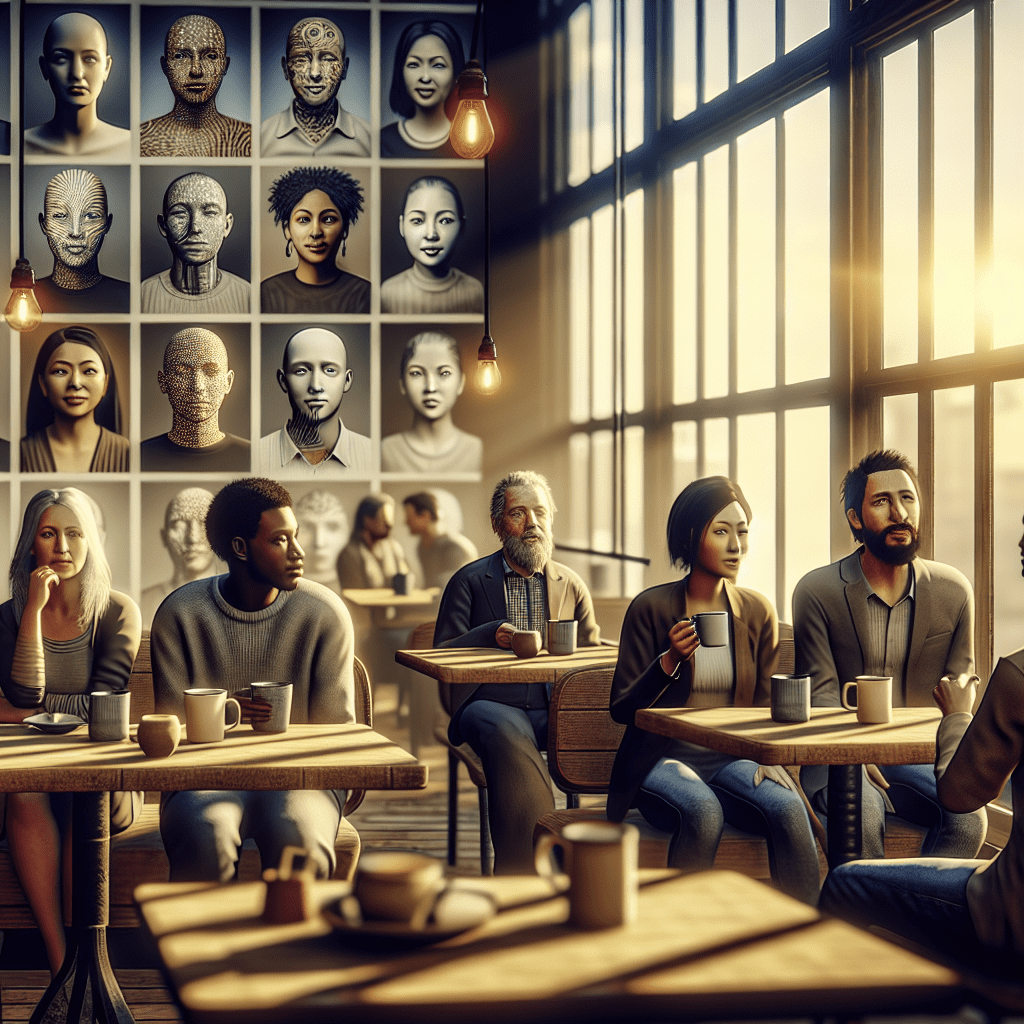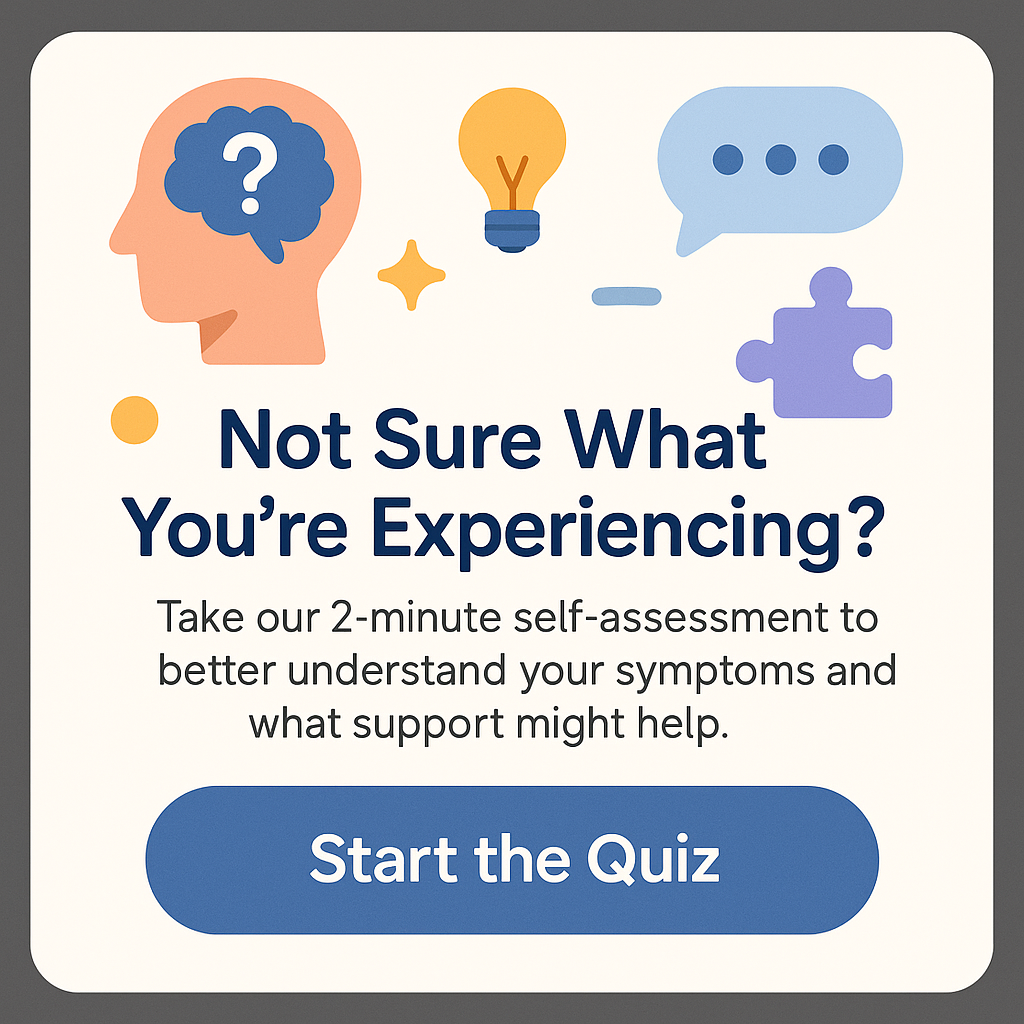Can Autistic People Fall in Love? Understanding Love and Relationships
Can autistic people fall in love? This question has surfaced numerous times in conversations about autism and relationships. Love is a universal human experience, yet the way we express and feel it can differ significantly from one person to another. For individuals on the autism spectrum, the journey toward love can involve unique challenges, yet it’s a journey many undertake, ultimately finding deep emotional connections. In this article, we will explore the intricacies of love for autistic individuals, examining their experiences, the hurdles they may face, and how they can foster meaningful relationships.
Understanding the Emotional Landscape of Autistic Individuals
The emotional landscape of autistic individuals can be complex, often shaped by a mix of societal expectations, personal experiences, and neurological differences. So, can autistic people fall in love? Absolutely! However, understanding their perception of emotions and relationships is essential to grasp how love manifests in their lives.
1. Different Expressions of Love: Autistic people may express love in ways that are different from neurotypical individuals. For example, they might gravitate toward logical gestures of love—like planning a special day or providing practical support—rather than relying solely on emotional displays like verbal affirmations or physical affection. It’s crucial to recognize that these expressions are valid and meaningful.
2. Sensory Sensitivities: Many autistic individuals experience heightened sensitivities to sensory stimuli. This means that aspects of physical affection, such as hugs or closeness, can provoke discomfort. Therefore, understanding boundaries and finding alternative ways to express affection—like shared activities or conversations—can enhance their relationships. Building a love language that suits both partners is essential.
3. Social Communication Styles: Some autistic individuals may struggle with social cues and communication. This doesn’t mean they can’t form deep emotional connections; instead, it highlights the importance of transparency in communication. For example, using clear language, discussing feelings openly, and asking direct questions can help bridge the gaps that miscommunication might create. Clarity in expressing needs and desires is foundational for a loving relationship.
4. The Role of Routine: Routines provide comfort to many people on the autism spectrum. When building new relationships, introducing a potential partner to established routines can help ease anxiety and foster connection. On the flip side, partners should also feel comfortable letting the autistic individual know if they’re open to trying something new or spontaneous in their relationship. Balancing routine with flexibility can lead to fulfilling partnerships.
5. Finding Community and Support: Autistic adults often benefit from connecting with others who share their experiences. Engaging in communities—either online or offline—can facilitate friendships and, potentially, romantic relationships. Whether through support groups, social events, or dating apps designed for neurodiverse individuals, these spaces encourage connection and help bridge gaps in social understanding.
Challenges in Romantic Relationships for Autistic Individuals
While it’s clear that autistic people can fall in love, the path to building and maintaining romantic relationships can be strewn with challenges. Here are some common barriers faced by autistic individuals in love:
1. Misunderstandings and Stigma: A significant challenge is societal stigma surrounding autism. Misconceptions lead to misunderstandings about autistic individuals’ capacity for love and relationships. Some people may believe that autistic individuals lack empathy or are not interested in emotional connections. Addressing these assumptions and fostering understanding is vital in creating a more inclusive society.
2. Difficulty in Recognizing Social Cues: One of the hallmarks of autism can be challenges in reading and responding to subtle social cues. This can lead to misunderstandings and missed opportunities for romantic connections. For instance, a gesture that one person perceives as flirtatious may be misinterpreted by an autistic individual. In this context, emphasizing direct communication becomes crucial to clarify intentions and build mutual understanding.
3. Anxiety in Social Situations: Navigating social situations can often cause stress and anxiety for autistic individuals. This anxiety can be compounded in romantic settings where expectations may feel heightened. They might worry about how to initiate conversations, what topics to discuss, or how to manage rejection if their interest isn’t reciprocated. Finding supportive partners who recognize and accommodate these challenges can ease this anxiety.
4. The Importance of Compatibility: For successful romantic relationships, compatibility is key. Shared interests, lifestyles, and values are foundational in any relationship, but they take on an added significance for autistic individuals. Partners who understand the nuances of autism and exhibit patience and care can create nurturing environments that allow love to flourish.
5. Navigating Emotional Intensity: Emotions can often be overwhelming for autistic individuals, and this intensity can complicate romantic relationships. When faced with strong feelings—whether positive or negative—it might be challenging for them to articulate or manage those emotions. In a supportive relationship, partners can work together to develop strategies for managing emotional highs and lows, ultimately leading to a deeper bond.
Finding Love: Tips for Autistic Individuals
Recognizing the complexities of romantic relationships for autistic individuals is just the first step. Now, let’s delve into some practical tips that can assist in cultivating love and building strong connections.
1. Communicate Openly and Honestly: Open communication is the cornerstone of effective relationships. It’s important for autistic individuals to express their feelings and needs clearly with their partners. Similarly, they can invite their partners to share their feelings, creating a two-way dialogue. This process can help build trust and deepening the emotional connection over time.
2. Explore Shared Interests: Pursuing hobbies and activities together fosters connection. This could be anything from attending events, engaging in outdoor activities, gaming, or even sharing favorite books or movies. Finding common ground allows for conversations to blossom naturally and builds a shared foundation of experiences. This shared partnership can pave the way toward a deeper emotional connection.
3. Seek Supportive Communities: Finding community support can ease some of the hurdles in dating. Online forums, local meetups, or support groups tailored for autistic individuals provide excellent spaces to learn from others, share experiences, and even explore mutual interests. Sometimes, love can blossom unexpectedly where you feel understood and accepted for who you are!
4. Be Patient with Yourself and Others: Navigating romantic relationships requires patience. Feelings don’t always develop in neat, predictable ways. It’s perfectly normal to take time in developing feelings—a slow burn can sometimes lead to the most profound connections. Be patient with yourself as you navigate your emotional landscape, and remember that relationships are often about growth and adjustment.
5. Embrace Different Expressions of Love: Everyone has their unique way of expressing affection. As an autistic individual, embracing your own style while also appreciating your partner’s way of loving can broaden your understanding of what love can look like. Whether it be through actions, words, or time spent together, niches of love manifest in multifaceted ways. Embrace and nurture these variations!
Conclusion: The Potential for Love Beyond Labels
So, can autistic people fall in love? The answer is a resounding yes! Love transcends labels and neurodiversity. With understanding, empathy, communication, and support, autistic individuals can navigate the nuances of relationships just like anyone else. It’s all about discovering what love means personally, nurturing emotional connections, and creating fulfilling and meaningful relationships.
In a world that often emphasizes differences, let’s focus on the common ground we share as humans—the desire to love and be loved. As we continue to explore, discuss, and unfold the myriad ways love can exist, we pave the way for greater inclusivity and understanding. No matter your neurotype, love is something to be celebrated! Whether you’re on the spectrum or someone wanting to love someone who is, remember that every relationship is unique, and the journey is truly what counts.
FAQs
1. Can autistic individuals experience romantic feelings?
Yes, autistic individuals can and often do experience romantic feelings. Their emotional experiences may be different, but they seek deep connections just like anyone else.
2. What are the common challenges autistic people face in relationships?
Common challenges include misunderstandings due to differences in communication styles, anxiety in social situations, and difficulties recognizing social cues, which can complicate romantic interactions.
3. How can friends and family support autistic individuals in love?
Friends and family can support autistic individuals by fostering open communication, respecting their comfort levels, and encouraging connection-building without pressure.
4. Are there specific dating platforms for autistic individuals?
Yes, several dating platforms cater specifically to autistic individuals, providing a safe and understanding environment to meet potential partners.
5. How can autistic individuals improve their dating skills?
Improving dating skills involves practicing clear communication, seeking supportive communities, and being patient with oneself during the dating process. Engaging in social skills training can also be beneficial.
How Much Does an Autism Diagnosis Cost in Canada?
Can an Autistic Person Drive? Understanding the Challenges and Possibilities
Could I Be Autistic and Not Know It? Understanding Hidden Autism







